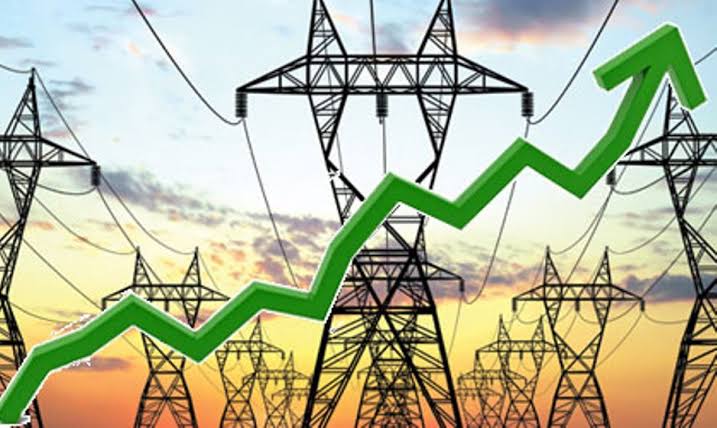The Nigerian Electricity Regulatory Commission (NERC), on Tuesday, hiked the electricity tariff for Band A customers by 230 percent from N68 per kilowatt-hour to N225/kWh. The tariff hike, affecting approximately 1,974,385 consumers, is aimed at reducing the substantial subsidy burden on electricity, estimated at N2.9 trillion in the 2024 fiscal year.
According to the NERC Vice Chairman, Musiliu Oseni, Band A consumers represent 15 percent of the population but consume 40 percent of the nation’s electricity.
“So we have just 17 percent of the total feeders of the distribution companies now qualify as Band A feeders. That is, when you look at where those feeders are critically, it is estimated that under 15 percent of customers are currently connected to those feeders. So based on that, feeders are not meeting the 24-hour supply and have been asked to be downgraded immediately, with strict compliance and strong enforcement action,” he said.
He added that the commission now sets its review for that application by the distribution companies and has decided that only the 17 percent feeders, that is, the 15 percent customers, will be affected by any increase that the commission will approve for this distribution company.
In an interview with channels, the Vice Chairman for NERC, Musiliu Oseni stated that the Electricity Act mandates the commission that the licensing operating are allowed to recover sufficient revenue for capital investment and operational cost and have a return on investment they have made.
However, this increase has been greeted by controversies from different parts of the country.
Backstory
Recall that the federal government in February, declared that it was now very difficult to sustain subsidies on electricity. Minister of Power, Adebayo Adelabu, said Nigeria must begin to move towards a cost-effective tariff model, as he revealed that the country was currently indebted to the tune of N1.3tn to electricity generating companies, while the debt to gas companies was $1.3bn.
Nigeria has recorded an increase in electricity Tariff plans over the years. Between 2015 and 2019, the average electricity tariff climbed from N12 kWh to about N32 kWh and went up again by about 30 percent in 2020. Investors who took over the running of the electricity distribution carved out from the defunct Power Holding Company of Nigeria in 2013 demanded a cost-reflective tariff. More recently, following the approval by the Nigerian Electricity Regulatory Commission (NERC), there was a significant 240% hike in electricity tariffs. This increase specifically targeted customers enjoying 20-hour power supply or more, which constitutes 15% of Nigeria’s 12 million electricity consumers.
Electricity Consumers In Nigeria
Electricity consumers in Nigeria are divided into different Bands, these Bands help determine the hours of electricity supply received daily and the electricity tariff associated with each band. customers under Band A are those who enjoy 20-24 hours of electricity supply daily. Those in Band B are subscribers who enjoy 16 to 20 hours of power supply while Band C enjoy 12 to 16 hours of power supply daily.
!function(){"use strict";window.addEventListener("message",(function(a){if(void 0!==a.data["datawrapper-height"]){var e=document.querySelectorAll("iframe");for(var t in a.data["datawrapper-height"])for(var r=0;r<e.length;r++)if(e[r].contentWindow===a.source){var i=a.data["datawrapper-height"][t]+"px";e[r].style.height=i}}}))}();
Only ‘Band A’ customers are assured of receiving at least 20 hours of power supply among the 11 electricity distribution companies, as stated by NERC.
Controversies Trail Increase In Tariff
The Nigeria Electricity Consumers Advocacy Network and the Electricity Consumers Association of Nigeria accused NERC of failing to consult with stakeholders before putting together the recent increase in tariffs. The Electricity Consumers Association of Nigeria bemoaned the current increase adding that the service provided by power firms had not improved.
Also, Manufacturers and organised Labour have kicked against the Federal Government’s 240 percent hike in the tariff payable by electricity users enjoying a 20-hour power supply, insisting that electricity subsidy removal would send manufacturers out of business and worsen inflation.
the NLC described the decision of the Federal Government to hike the electricity tariff as insensitive and callous, accusing the federal government of making the operating environment more hostile for manufacturers with the potential for an astronomical rise in the cost of goods and services or the worst case scenario, more closures and loss of jobs.
With the electricity tariff increase, citizens will further be impoverished. This increase is capable of leading to job losses, higher costs of operations, and inflation.
